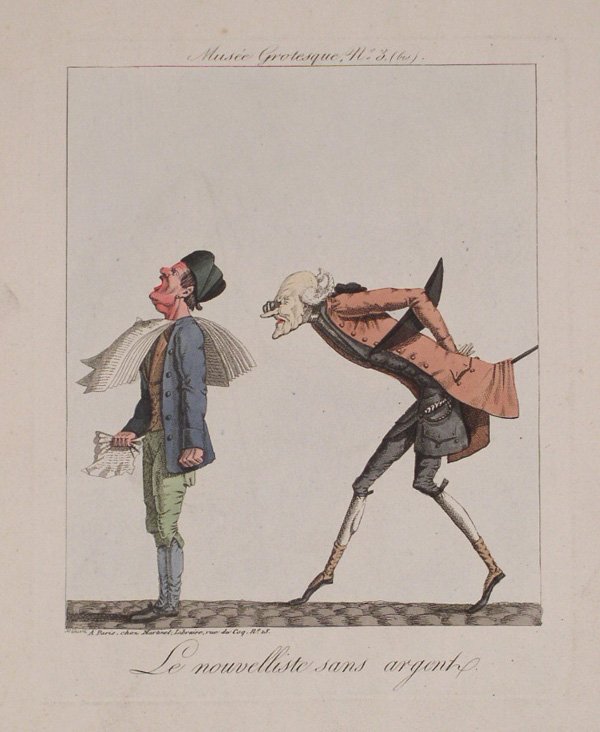When Lauren and I heard that Harvard head librarian and Cultural Historian was giving a lecture on his latest interest titled Blogging in the 18th Century we knew this was an event not to be missed. When Dr. Darnton opened his address with, "My subject is scandalous," followed by "I hope no one under the age of sixteen is here.." it confirmed we were in the right place.
Dr. Darnton's argument was that gossip and gossip mongering is "not as trivial as we suppose" and it should be drawn on more in our study of history, especially in times and places where the society thrived on gossip such as 16th century Italy or 18th century France and England. Not only does petty gossip of the time tell us much about the society and its interests but it can also reveal some little known facts about historical people which shouldn't be entirely disregarded.
But perhaps you may be wondering where the title of the lecture came from, because obviously the Duchess of Devonshire isn't sitting at her HP desktop, in the latest hat, spreading gossip via Blogger. The answer is a very interesting and simple one. Blogs today, especially celebrity gossip blogs (Darnton cited PerezHilton and Gawker media) deliver their scathing gossip to masses in short paragraphs to keep readers' attention. The same was true of the newspapers of 18th century England which delivered their printed gossip in the form of short paragraphs or anecdotes, simply stating (hopefully in a witty way) the juicy news on a public figure. The only thing missing was pictures with coke spots drawn on their noses. Gathering this gossip was a much simpler task that of the modern paparazzi. "Paragraph men" would sit in coffee houses listening to all the local gossip and writing down and pieces that felt worthy for the paper. They would then submit these scraps to the papers and get paid based on factors such as the juiciness of the gossip. Like bloggers today, there was little pay in the affair. Also like bloggers today, the threat of plagiarism loomed (Darnton discovered in a gossip biography the minority of the content was original) although there was no mention of whether the plagiarism actually upset its victims like it does today. Sometimes the anecdote actually cited the source of where gossip came from, so they were essentially repeating the gossip, which reminded us much of retweets (RT) on Twitter; just another means of spreading the scandal!
I've seen Dr. Darnton is due to deliver this lecture at other locations, so if you have the opportunity to hear him speak, don't delay in taking it! For more on this topic, Dr. Darnton has an article up on the NYR Blog.



How interesting...
ReplyDeleteI can't believe I missed this. I also was not able to go to the Rococophilia event the week before at the school. I didn't know about this one though. Thanks for the post about it.
ReplyDeleteI wish I could have seen that. It is such a fasinating topic.
ReplyDeleteThanks for sharing! Robert Darnton’s "Blogging in the 18th Century" explores how news and opinion spread in pre-revolutionary France through underground pamphlets, gossip, and handwritten newsletters—akin to modern blogs. Lawyers are experts in interpreting and applying the law to provide advice and representation to clients in various legal matters.
ReplyDeletevirginia motorcycle accident lawyer
truck accident lawyer virginia
motorcycle accident attorney near me
emergency protective order virginia